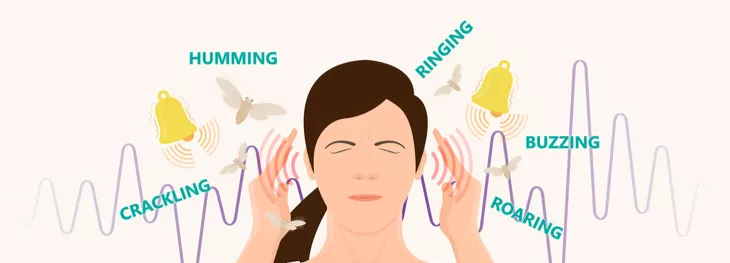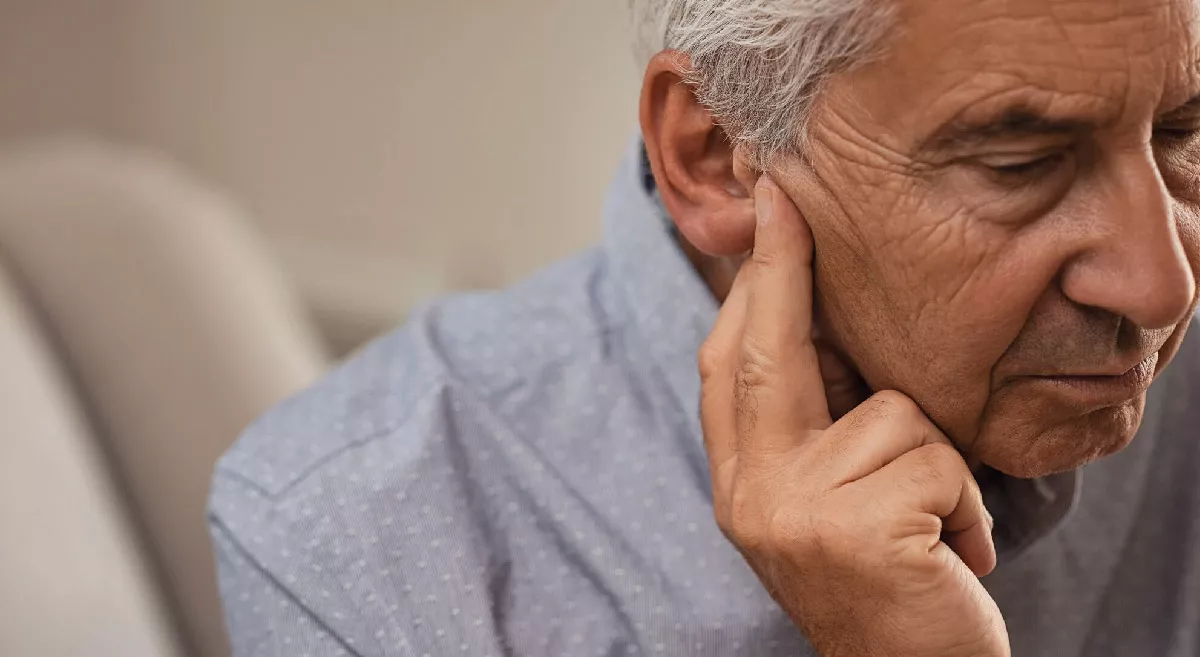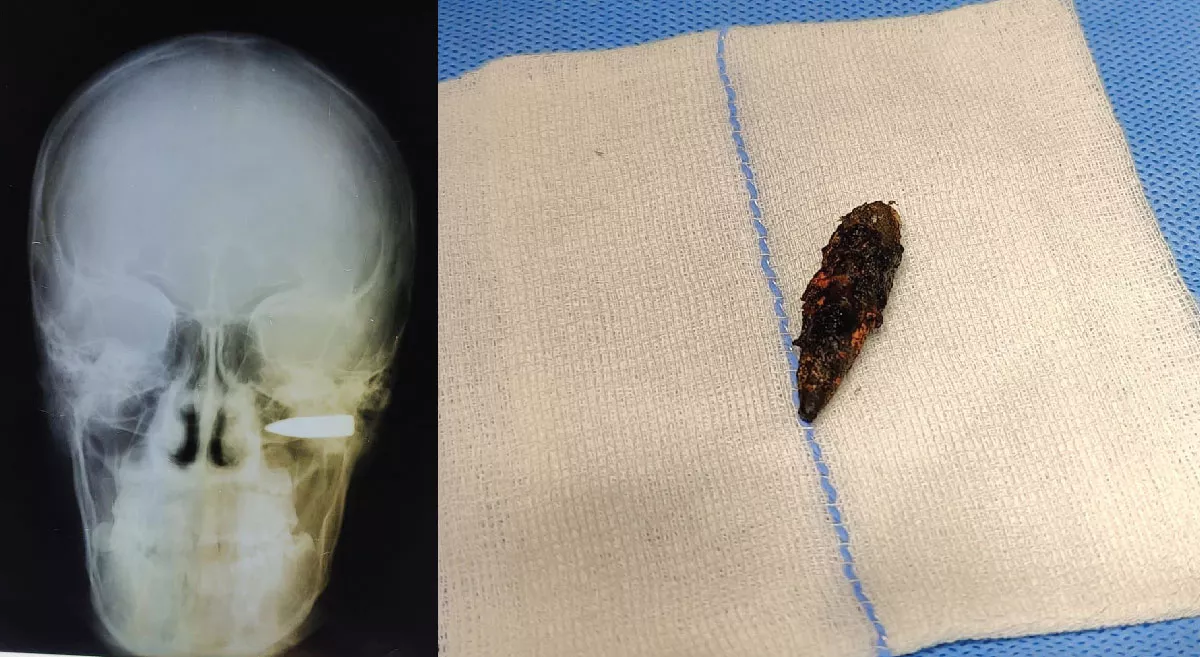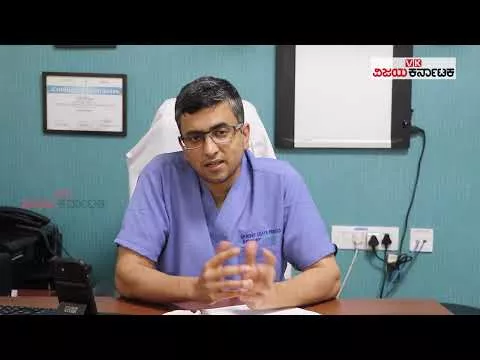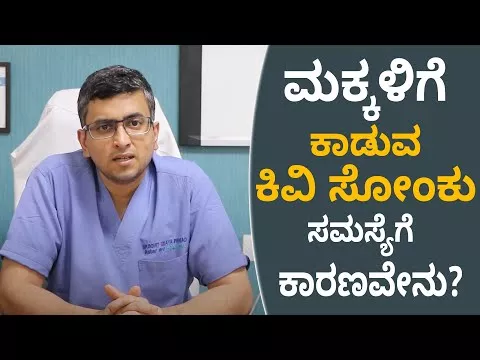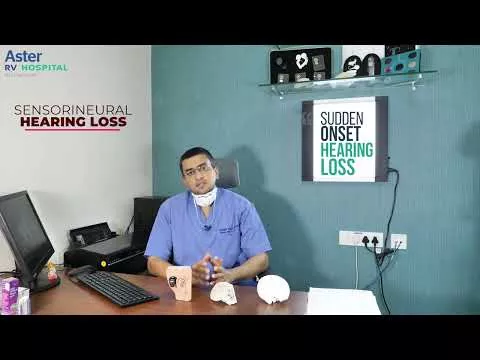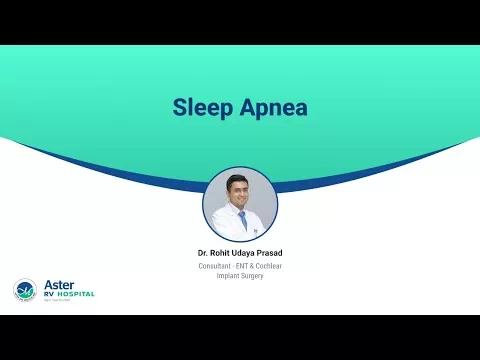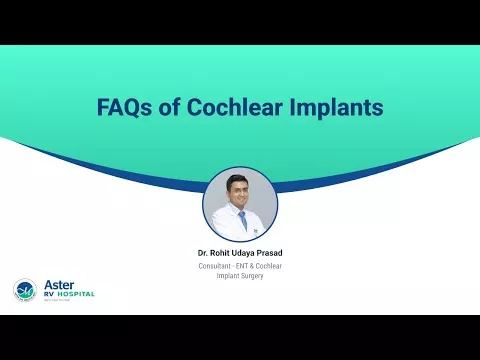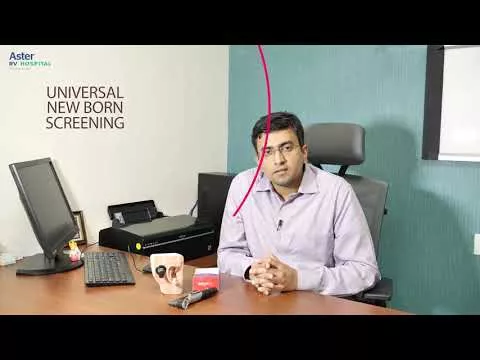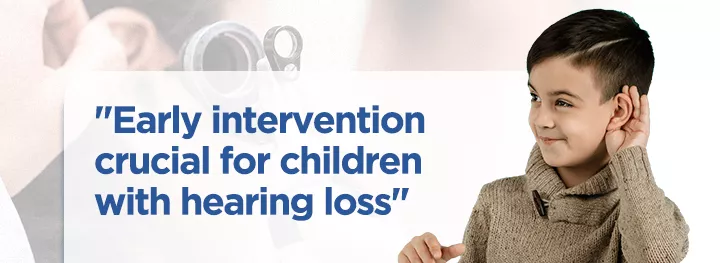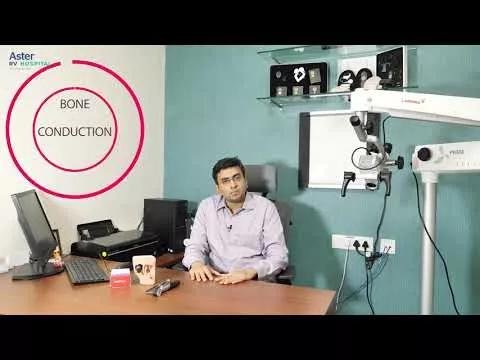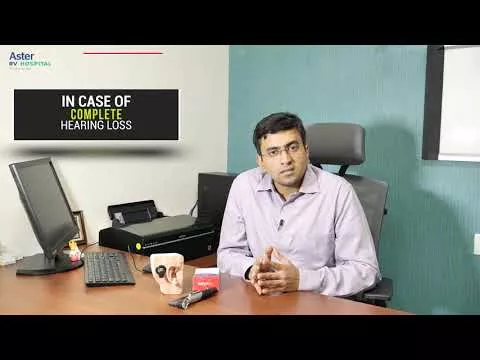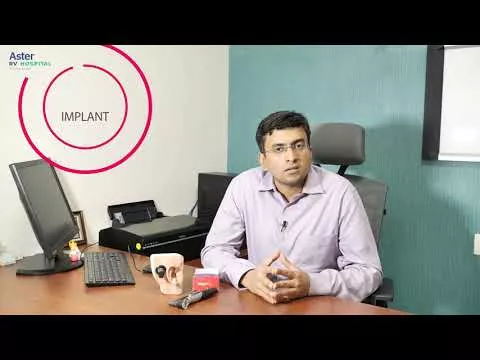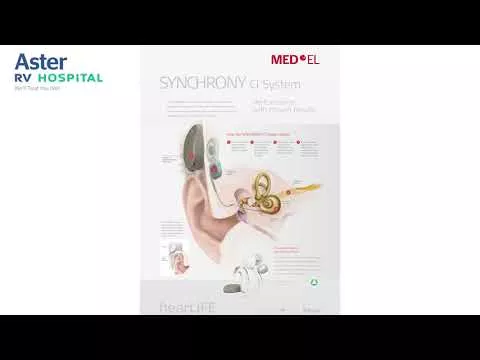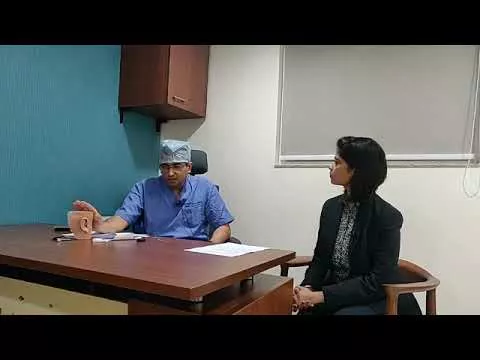Age-related hearing loss is called presbycusis. This is because of several changes in the inner ear like a change in the blood flow to the ear, nerves impairment that causes hearing loss, and more. Old age makes many alterations to your health and the way your body works, with its own set of issues that can make life challenging. Hearing loss remains a popular one, and it is the most common problem faced by the elderly. Hearing disorders are so common that a degree of hearing loss affects one in two people aged over 65 years. The hearing disorders associated with age are not life-threatening. Hearing loss in the elderly is, however, a concern that is not addressed as per the needs of the person coping with it. Many elderly patients with progressive hearing loss struggle to cope with their everyday social life and deal with depression/anxiety due to their inability to speak. Deafness separates the elderly at times, which can potentially lead to depression and dementia. Causes of age-related hearing loss? Presbycusis is referred to as age-related hearing loss and it occurs gradually over time. It is due to different inner ear changes, such as a decrease in the blood supply to the ear, weakening of the nerves responsible for hearing, damage to the small hairs (responsible for transmitting sound to the brain) in the ears, change in the inner ear structure or change in the way the brain produces voice and speech. It can be due to other problems such as diabetes, smoking, poor blood circulation, prolonged exposure to loud noise, and the use of specific medications. Symptoms of hearing loss: Elders are unable to understand telephone conversations, ask people to repeat the conversation, constant ringing in the ears, ask louder than usual to raise the volume of the television, difficulty listening when in noisy areas. Difficulty in hearing when in noisy areas can be a sign of presbycusis. Seek medical help from the Best ENT Specialist In Bangalore at Aster RV Hospital in JP Nagar. How to cope with hearing loss? The elderly should be encouraged to speak to doctors if they experience any of the above symptoms. Here are some steps to cope with hearing loss: Do not be shy to admit that you have a hearing difficulty Request people who talk with you to face you while talking Ask them to be slow and clear when they speak Let the person who communicates with you speak loudly and know whatever he or she says is understood clearly It is good to be away from noisy areas when you talk If you have hearing difficulties, it is best to urgently seek professional advice. Your family doctor or otolaryngologist (ear, nose, and throat doctor) or an audiologist who can detect and assess hearing loss can diagnose it depending on the condition. If a person with serious hearing loss no longer benefits from hearing aids, either in one ear or both, it is important to carry out a further evaluation to provide implantable hearing solutions. Cochlear implants can provide great relief for people with bilateral hearing loss/single-sided hearing loss/asymmetrical hearing loss. For individuals with significant hearing loss, this is a basic electronic device. It has an external portion that sits behind the ear and a second part that is positioned under the skin surgically. Although it is not possible to avoid age-related hearing loss, certain steps can stop it from getting worse. Elderly people with hearing difficulties should stay away from loud noises, and when close to loud sounds, wear proper ear protection such as noise-canceling earplugs. The quality of life of the elderly, who frequently fail to care for themselves in their silver years, can be drastically improved by finding support early. Hearing loss associated with age does not need to be a cause of embarrassment, but the elderly must be motivated to experience the last decades of their lives in the best possible way! Get in touch with the Best Ent Surgeon In Bangalore or visit the Top ENT Hospital In Bangalore.
Featured Blogs
One Aster
Personalized Medical Assistant for all your healthcare needs.
Book instant appointment, pay securely, eConsult with our doctors and save all your health records at one place are some of the benefits of OneAster App. It is everything you need, to manage your family Health.
* Registration available only for valid Indian mobile number
